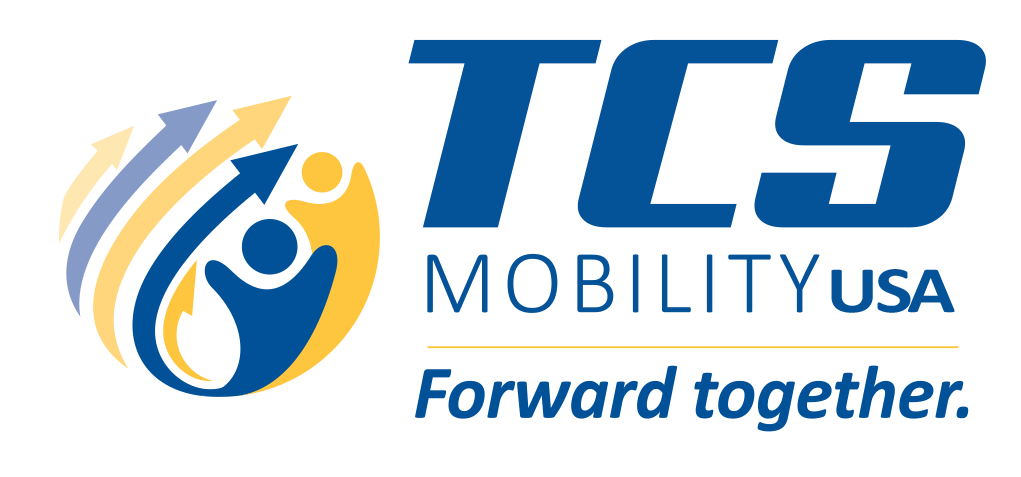Seniors and Transportation
March 11, 2019
Over half of Americans aged 65 and older do not have access to public transportation, and more than half of non-drivers 65 and older stay home because transportation options are limited or not available. Driving becomes more of a challenge as vision issues rise and reaction times decline. And not only are seniors more active and wanting to maintain their social independence, but it’s good for their health as well. When seniors are forced to stay home due to limited or non-existent transportation options, feelings of isolation and loneliness set in. (Source: Senior Living)
Social isolation leads to feeling of loneliness and depression. Staying at home means seniors tend to be less active and, therefore, may develop sore joints and weak muscles. They may experience an increase in blood pressure and could, potentially, develop memory issues.
Being socially active can have many life-prolonging benefits to include:
- Reducing the risk of cardiovascular issues
- Reducing the risk for osteoporosis, rheumatoid arthritis, and some cancers
- Possibly reduce the risk for Alzheimer’s and dementia
- Lowering blood pressure
- Decreasing stress
- Reducing the risk of mental health issues, to include depression and personality disorders.
It’s a natural part of life to experience a decrease in activity as people age. No more driving kids to school and activities; no more driving to and from work once retired. The fewer the reasons to be out and about makes it difficult to maintain social interaction. This is compounded when health issues make it difficult to drive or get around without assistance, or driving itself becomes difficult. (Source: Griswold Home Care)
According to the National Center for Elder Care, transportation is the top reason seniors are calling for help. In fact, the National Eldercare Locator, a referral service which provides eldercare resources in communities throughout the U.S., reported that in 2014, 19% of its 271,000 calls were about transportation issues. And the majority of the calls were from women. Seniors are frustrated because simple tasks like medical appointments, grocery shopping, and socializing are difficult due to transportation limitations. (Source: USA Today)
Everyday 10,000 baby boomers turn 65 (The Fiscal Times). Every day the demand for transportation services increases. Non-emergency medical transportation services, such as Transport Care Services, offers seniors the opportunity to remain active. Not only do they provide transportation to and from medical appointments, they also are a viable option for assisting seniors with daily activities, such as grocery shopping, and getting them to and from volunteer opportunities. Whether it is for personal, medical, or work related, Transport Care Services are able to help. Airport transfers, church pickups and drop offs, transportation to and from adult day care, recreational travel, and transfers for daily activities are just a few of the transportation services provided.
